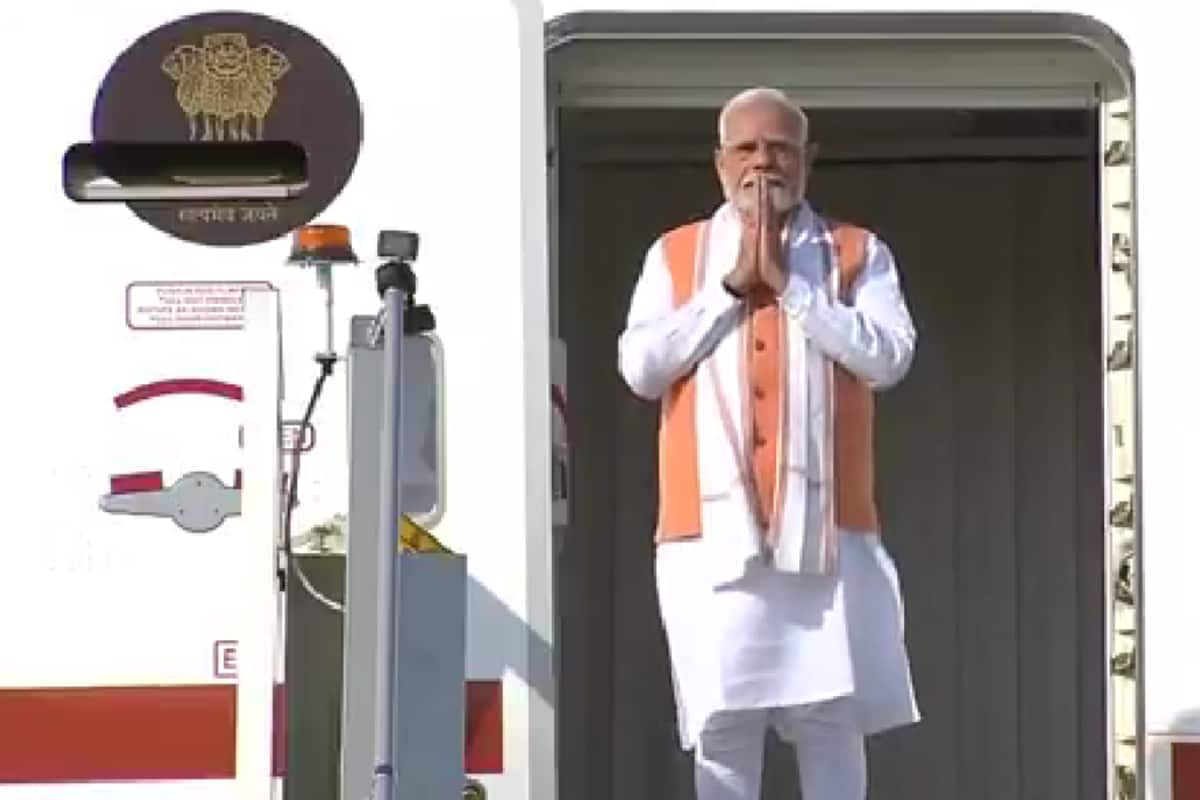

Prime Minister Narendra Modi has embarked on a five-nation tour from July 2 to 9, 2025, with the primary goal of reinforcing friendships across the Global South and attending the BRICS Summit in Brazil. This visit, his longest foreign trip in over a decade, includes stops in Ghana, Trinidad and Tobago, Argentina, Brazil, and Namibia. The tour underscores India's commitment to strengthening partnerships with emerging economies and enhancing its influence in strategically important regions across Latin America and Africa.
The agenda for the tour is comprehensive, encompassing security cooperation, counter-terrorism efforts, trade and investment opportunities, and access to critical minerals. Discussions will also focus on energy, digital infrastructure, healthcare, agriculture, space, and technology. This multifaceted approach aims to deepen India's engagement with the Global South and address key global issues.
A significant aspect of the tour is the 17th BRICS Leaders' Summit in Rio de Janeiro, Brazil, from July 5 to 8. The summit will provide a platform for exchanging views on critical global issues, including the reform of global governance, peace and security, strengthening multilateralism, responsible use of artificial intelligence, climate action, global health, and economic and financial matters. While Chinese President Xi Jinping and Russian President Vladimir Putin will not be attending the summit, Modi's presence signals India's continued commitment to the BRICS platform. India is expected to hold the BRICS chair in 2026.
The Prime Minister's itinerary includes bilateral meetings with the leaders of each country, further solidifying India's relationships with these nations. In Brazil, Modi will meet with President Luiz Inácio Lula da Silva to discuss expanding cooperation in trade, oil and gas, renewable energy, space, and technology. Bilateral trade between India and Brazil is currently valued at around $12.2 billion, with the trade balance favoring India. His visit to Argentina will mark the first full-fledged meeting between him and Argentina's President Javier Gerardo Milei.
A notable highlight of the tour is the planned signing of an agreement in Namibia for interoperability between India's Unified Payment Interface (UPI) and Namibia's payment systems. This agreement will enhance financial cooperation and facilitate easier transactions between the two countries.
The tour also carries a strong message of solidarity against terrorism, especially in light of the recent Pahalgam attack. The leaders' declaration at the BRICS Summit is expected to strongly condemn the attack and emphasize the need for unified global action against terrorism. India's global diplomatic outreach against cross-border terrorism has intensified following the Pahalgam terror attack on April 22, which claimed 26 civilian lives.
Furthermore, the visit to Trinidad and Tobago is particularly significant, as it marks 180 years since the arrival of Indian immigrants in the country. With a substantial Indian diaspora in the Caribbean, this visit underscores the importance India places on the region.
Overall, Prime Minister Modi's five-nation tour is a strategic initiative to strengthen India's ties with the Global South, promote cooperation on key global issues, and enhance India's presence and influence in Africa and Latin America. The focus on defense, trade, and economic collaboration highlights India's commitment to fostering long-term partnerships and mutual growth.